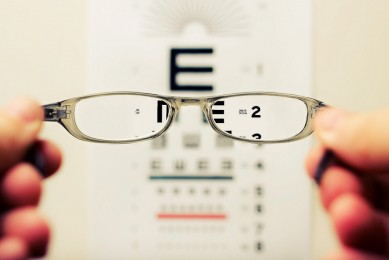Optometry
Eyes are precious parts of the body, especially as we get older when the onset of eye conditions can lead to blurred or reduced vision, greatly increasing the risk of fall and, reducing alertness and mobility.

-
 Early Detection of Eye Diseases
Early Detection of Eye Diseases
Early Detection of Eye Diseases
Quality Aged Care Services Optometrists not only test the resident's eyesight but also look for the early signs of eye related diseases such as macular degeneration, cataracts, glaucoma and dry eye.
The Optometrist can also see, within the eye, indications of other medical conditions such as diabetes, dry eye, high blood pressure and high cholesterol.
Residents are given a comprehensive eye and vision report, which will include recommendations on the need for glasses or new lenses, an eye care plan, plus indications of other health issues. The Optometrist will also be able to offer residents a selection of frames, supply lenses and make adjustments to ensure a good fit.
Benefits for residents include: |
Benefits to the facility include: |
|
|
Elderly people should have an eye test approximately every 12 months. Even for those that have no apparent vision problems, as a regular review is recommended as a general health check.